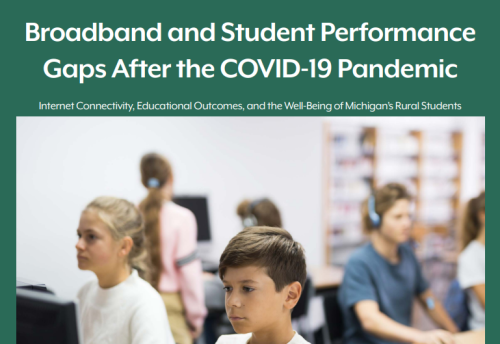The Quello Roundtable on Powerful (Social) Media Effects generated an odd juxtaposition of positions in the discussion: on the one hand the premise for the roundtable was rooted in the old (irrelevant?) theoretical conceptions of the traditional media and its influence on private and public life alike, while on the other hand the discussants – at least most of them – are deeply involved, personally as well as professionally, in the technology of the new media in general and social media in particular. Therefore, at least intuitively, most of them feel and understand that this is a new world which its understanding demands revision in concepts and practices.
It seems that (almost) everyone in the room (the Quello Center’s Meeting Room) can tell something about sporadic cases in which social media effects can be identified. Either these are public issues such as the Hillary Clinton Campaign for the presidency, the killing of a young black man by a white policeman, the Boston Marathon, the Arab Spring, etc., or more personal instances such as sexist email, forming new relationships, etc.
However, beyond these sporadic and often anecdotal cases, the big picture of the actual social media effects is still unclear.
So what I found most interesting in the discussion were the questions that arose: should we address social media as a unified phenomenon or should we categorize social media in order to investigate each part or type of it separately? Are social media substitutes for face-to-face interactions between human beings or only a complementary medium? How do social media effect the flow of information, the meaning of information and the transformation of knowledge? Do social media have different effects locally, nationally, and globally? Are these linear effects or non-linear? Should we – as media scholars – use the traditional tools of research such as interviews and surveys or should we turn to new research opportunities, such as around big data that the new technology provides?
Looking forward to the Webcast of the discussion, which should be coming soon.
Avshalom Ginosar




